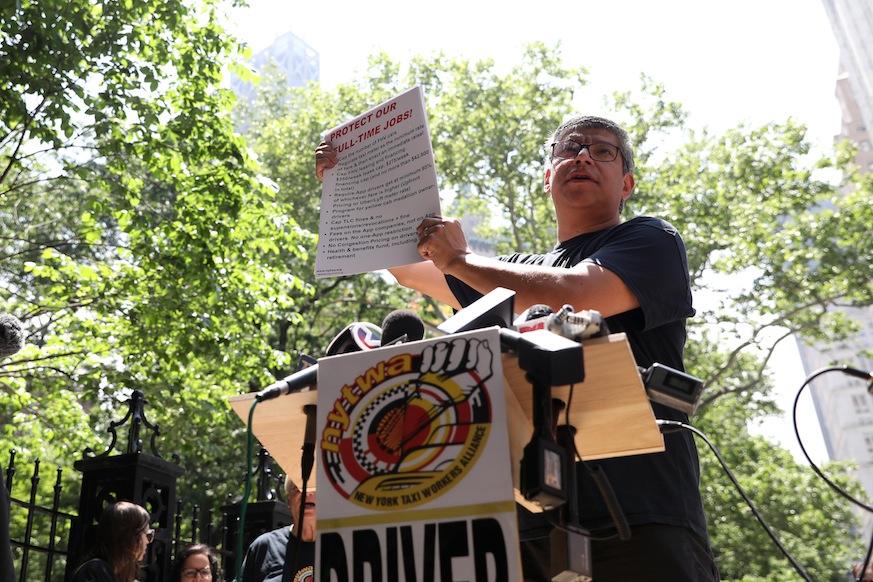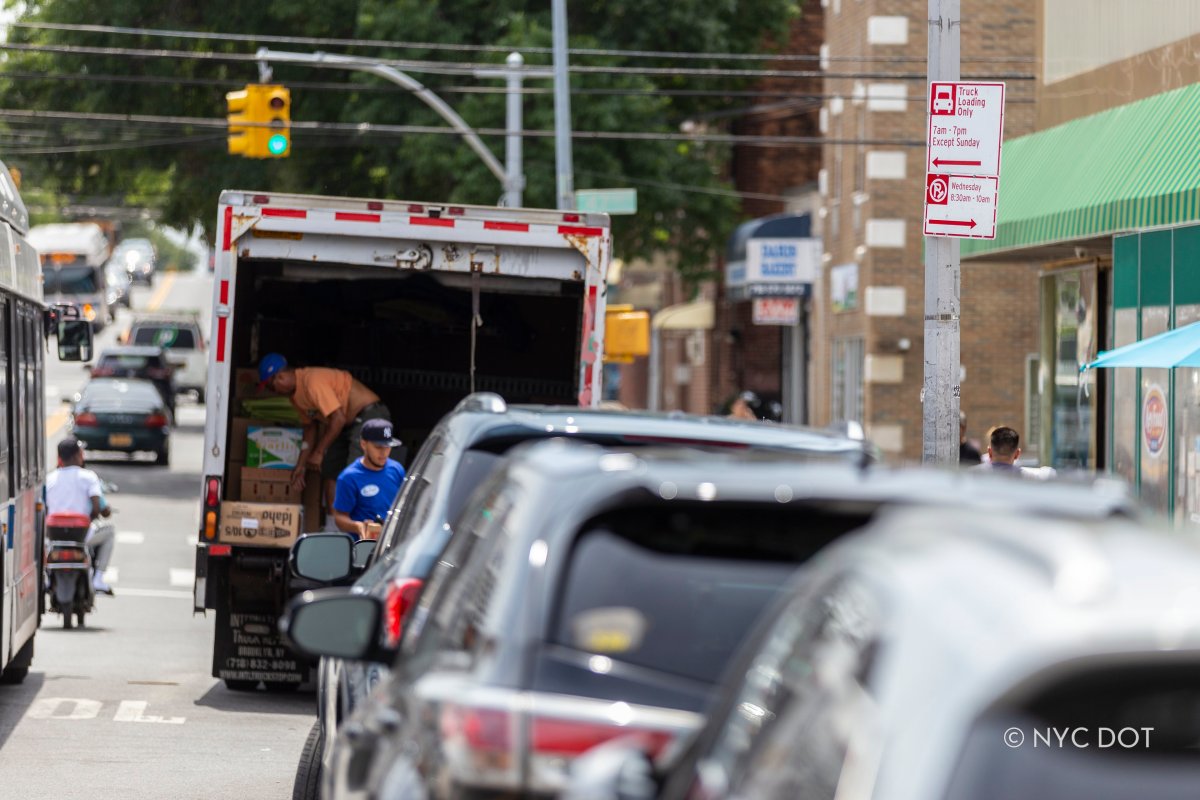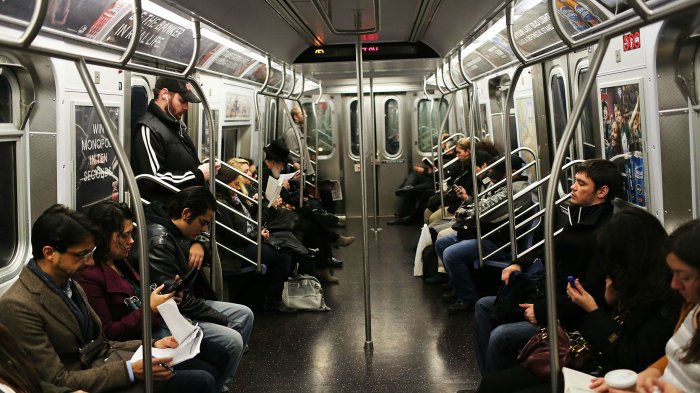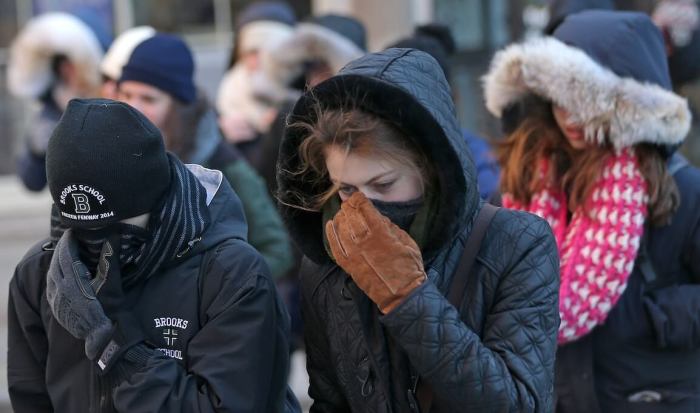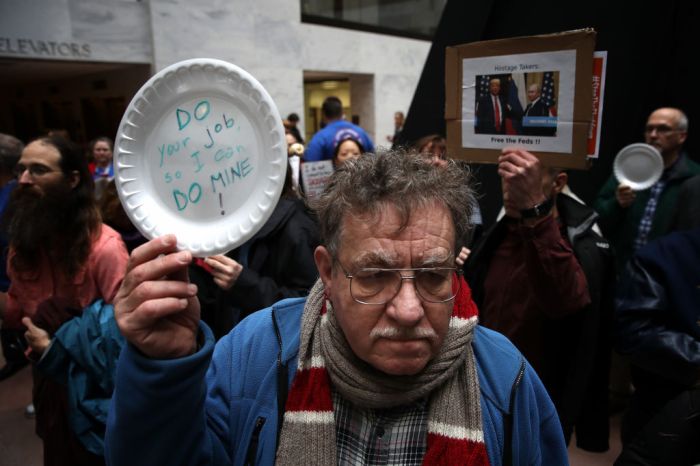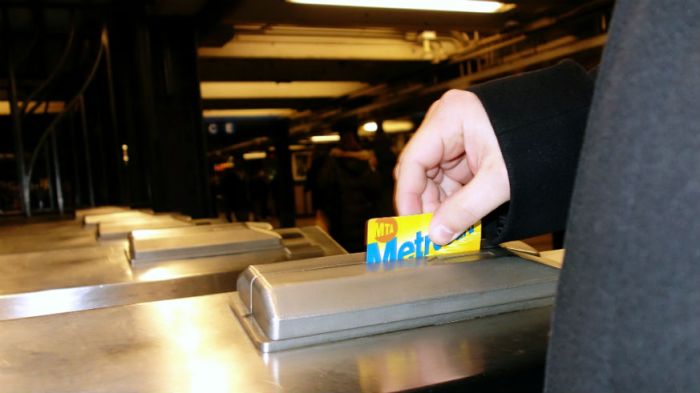New York city for-hire drivers gathered outside City Hall on Tuesday demanding legislative action from officials in the wake of the fifth taxi driver suicide in the last five months.
“How dare the city forget the drivers that keep New York moving,” said New York Taxi Workers Alliance Executive Director Bhairavi Desai. “What was once a full-time solid job is now a poverty pay gig.”
The drivers say that the city’s failure to regulate both ride-share apps like Uber and Lyft and the taxi industry’s age-old financial structure — which often leaves taxi drivers with crushing loans for medallions that cost hundreds of thousands of dollars — has ruined the livelihoods of those in the for-hire-driver field.
“Shame on Uber, shame on the gig economy,” one person at the rally yelled. “Five suicides is too many,” said another.
The rally comes in the wake of the discovery on Saturday of the body of Yu Mein Chow, a taxi driver who went by the name Kenny, in the East River. Chow had been missing since May 11. It is believed that he killed himself, having jumped off of the Brooklyn Bridge because of the financial struggles he faced as competition between livery vehicles like taxis and ride-sharing services continues to escalate.
Why are taxi drivers committing suicide?
Chow’s death marks the fifth taxi driver suicide made public in as many months, according to the New York Taxi Workers Alliance (NYTWA), which says “financial ruin” plays a part in this trend. The others include Nicanor Ochisor, Danilo Corporan Castillo, Alfredo Perez and Douglas Schifter.
Some of these men specifically pointed to their precarious financial situations: Castillo, a livery driver, wrote his suicide note on a Taxi and Limousine Commission summons after the agency took away his license because of repeated offenses for picking up street hails, which are reserved only for green and yellow taxis. Shifter, a black car driver, shot himself in front of City Hall after writing a lengthy post on Facebook in which he said he had been “financially ruined” because city and state politicians “destroyed” the taxi industry.
Chow, The New York Times reported, had taken out a loan to buy a $700,000 taxi medallion in 2011, and could not afford to make payments, pay his wife’s medical bills after she was diagnosed with cancer or fund his daughter’s college education. A GoFundMe has been set up for his family.
Outside City Hall, taxi drivers with the NYTWA called out city politicians once again, demanding that New York City Council make a number of policy changes that these drivers say will lift all professional drivers out of poverty and provide job protection.
The NYTWA is asking that the city cap the number of for-hire-vehicles on New York City streets; set the fare rate of yellow and green taxis as the minimum fare industry-wide, meaning no company can provide rides for cheaper; fund benefits and retirement for drivers; regulate app companies like Uber and Lyft and develop a program for yellow taxi medallion owners to lower loan interest rate and waive licensing fees.

